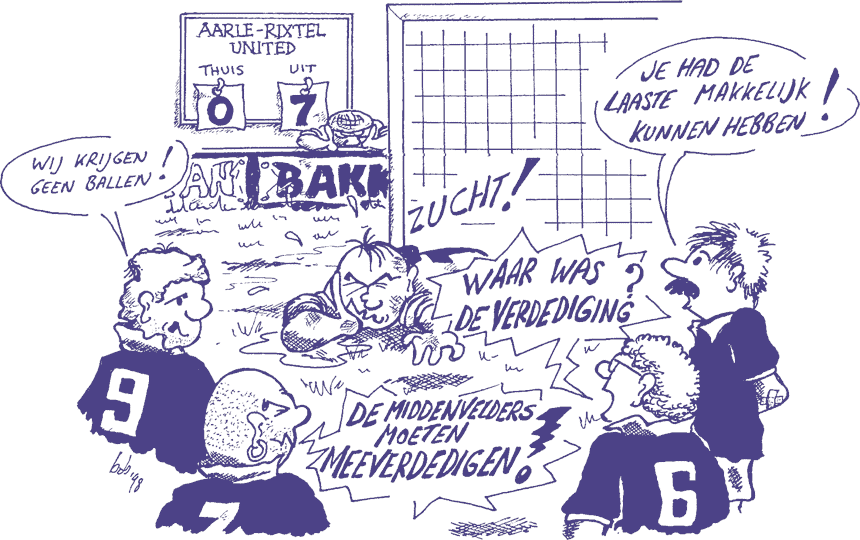All job advertisements are nowadays full of words such as creativity, initiative, independence, entrepreneurship. Apparently all qualities that we lack in organizations. And that is also correct. We have a long tradition in organizations that is strongly based on dependence.
The classic role of the manager, typified by the words “plan,” “organize,” “coordinate,” and “control,” created dependence rather than self-responsibility. The ideal employee used to be a willing servant. The unwritten rule in organizations was “do what your boss asks you to do, even if you disagree.” In the modern organization, the adage is much more “steer yourself, take responsibility”.
Managing people who take responsibility requires new skills from a manager. Empowerment, self-management, autonomy and mutual dependence are key words. Essential in management is finding a way in the tension between autonomy and mutual dependence. That is the task for the manager as a coach.
Coaching is a management style that explicitly does not appeal to dependence, but to initiative, creativity and autonomy. Coaching is the management style in which autonomous self-managing individuals shape their interdependence in order to achieve the best joint results. Manager and employees become much more partners in the workplace, each with their own specific contribution to the whole.


Coaching as a management style focuses on 3 things:
- improving the performance of individuals and teams
- stimulating processes of self-management
- stimulating a process of self-development
An important theme is “taking responsibility”.
The manager’s behavior as a coach is aimed at making people take responsibility themselves. But people can only take responsibility when they have a choice. When you tell someone what to do, he does not make a choice and does not take responsibility himself. It is therefore about letting people make their own choices. However, that does not mean that the options must be unlimited. It is absolutely not “freedom, happiness”. Coaching is explicitly guided with a clear vision and concrete objectives with regard to performance towards customers.
Coaching is also strict. You make agreements with employees and you address each other accordingly. Coaching means the end of “picking and sticking”. In general, managers spend way too much time on the employees that they ultimately shouldn’t have. That’s a pity.
